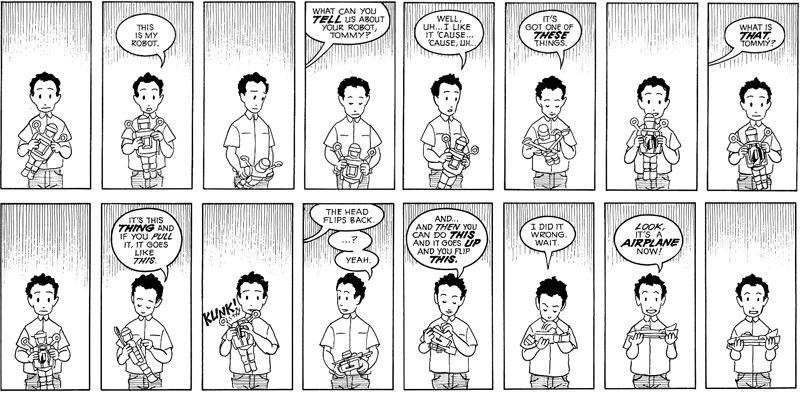People have been murmuring that the Internet is “ruining” our memory for a while. Ruin? I don’t know. Recent studies have shown that since the advent of the Internet our memory practices have been evolving and that this is also reversible.
Whether you think it’s a bad (Luddites!) or a good thing (non-Luddites! or normal people or “norms”), there is a change taking place in how Internet users combine their brains with the information on the web.
From Scientific American:
Led by Columbia University psychologist Betsy Sparrow, the researchers conducted a series of experiments whose results suggest that when people are faced with difficult questions, they are likely to think that the Internet will help them find the answers. In fact, those who expect to able to search for answers to difficult questions online are less likely to commit the information to memory. People tend to memorize answers if they believe that it is the only way they will have access to that information in the future. Regardless of whether they remember the facts, however, people tend to recall the Web sites that hold the answers they seek.
In this way, the Internet has become a primary form of external or “transactive” memory (a term coined by Sparrow’s one-time academic advisor, social psychologist Daniel Wegner), where information is stored collectively outside the brain. This is not so different from the pre-Internet past, when people relied on books, libraries and one another—such as using a “lifeline” on the game show Who Wants to be a Millionaire?—for information. Now, however, besides oral and printed sources of information, a lion’s share of our collective and institutional knowledge bases reside online and in data storage…
And if our gadgets were to fail due to a planet-wide electromagnetic pulse tomorrow, we would still be all right. People may rely on their mobile phones to remember friends’ and family members’ phone numbers, for example, but the part of the brain responsible for such memorization has not been atrophied, she says. “It’s not like we’ve lost the ability to do it.[source]
Neat, right? The world is catching up with librarians in this respect. We’ve been using our collections, catalogues and reference tools (digital or physical) as prosthetic memory contraptions since always. The Internet for some is a revolutionary change in how people remember and access information. For LIS professionals it’s one new step in an ongoing evolution.







